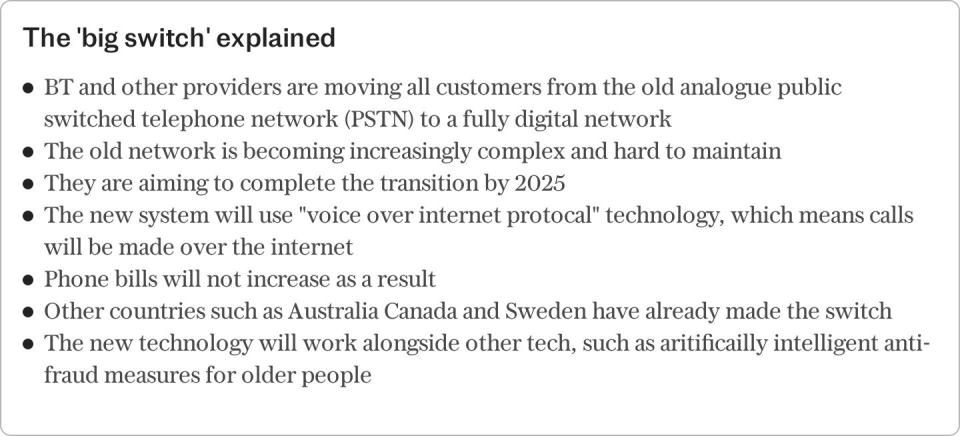Mobile operators are resisting plans to ensure their networks have power during extreme weather or cyber attacks amid fears over “prohibitive” costs.
BT, Vodafone, Virgin Media and O2 would be required to provide at least one hour of battery back-up power at all their mobile mast sites under new guidance published by regulator Ofcom.
The watchdog has said tougher measures are needed to improve the resilience of critical networks, as they come under growing pressure from volatile weather and hackers.
It has warned that the fallout from network outages is “likely to become more severe as society becomes increasingly dependent on them to function”.
However, mobile network operators have pushed back against the potential new rules, which are expected to cost the industry up to £1.8bn.
In responses to Ofcom’s consultation, BT, Vodafone and VMO2 warned it would be “disproportionate” for providers to bear the costs of the measures alone.
Smaller rival Three branded the costs “prohibitive”.
BT suggested that operators could be encouraged to invest more in their networks if Ofcom reduced the annual fees it charges for use of mobile spectrum.

The companies also questioned the need for the measures, arguing that the impact of short-term power outages was minimal and could be largely mitigated by nearby sites.
They have also urged regulators to focus on better resilience in the grid.
Mobile firms currently provide battery back-up at sites, but the extent of coverage and duration of reserve power varies significantly across networks.
In addition to requiring one hour of battery back-up at all mobile sites, Ofcom’s suggested rules would also enforce four hours of back-up in broadband cabinets.
The calls for greater resilience come amid concerns that Britain’s crucial communications networks may be increasingly vulnerable to crises.
Ofcom pointed to extreme weather events such as storms and floods in the winter of 2021/2022, which left some communities without any means to communicate, including making calls to emergency services.
This has been exacerbated by the switchover from copper to digital landlines, which are more liable to failure in the event of power outages.
BT has delayed its rollout of the new technology following a number of serious incidents where so-called “telecare” devices – personal alarms designed to be activated in a health emergency or after a fall – failed because of digital landlines.
An Ofcom spokesman said: “We haven’t made any proposals at this stage – the costs we included in our call for input were part of an illustrative example only.
“We’re considering the responses we’ve received, and we’ll work with industry and Government to identify and pursue ways to address any potential issues.”
Source Agencies


